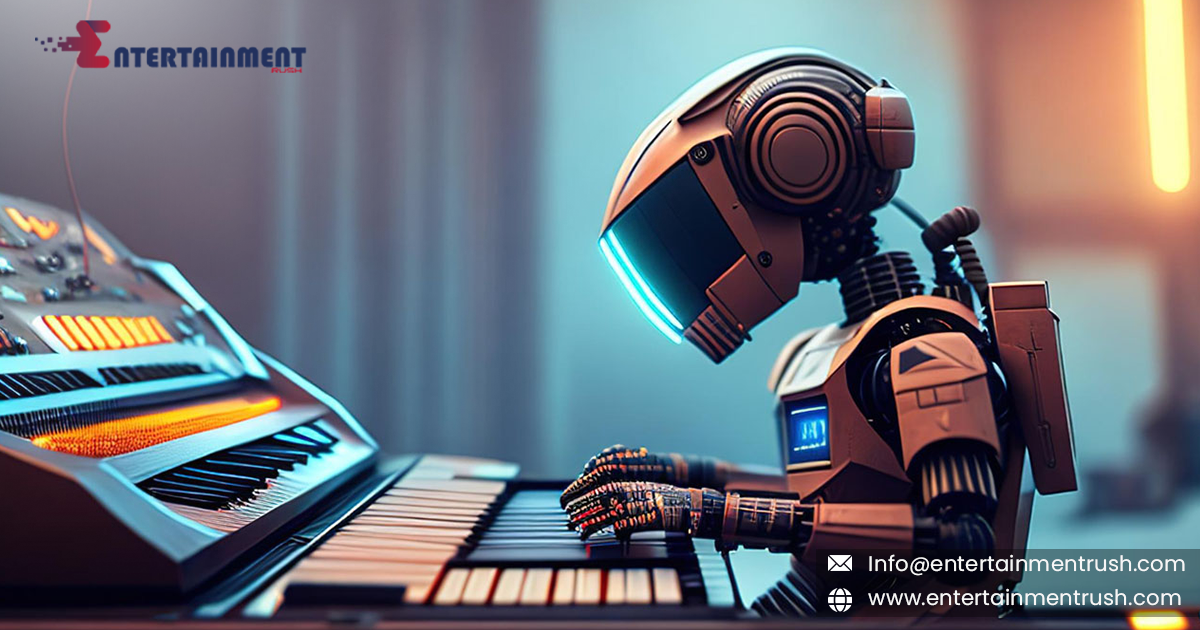The integration of artificial intelligence (AI) into the music industry is driving a profound transformation, presenting both exciting opportunities and important challenges. AI tools now allow creators to generate music from scratch, while others enhance traditional workflows by simplifying tasks like mixing, mastering, and lyric brainstorming. As we navigate this evolving landscape, it’s essential to explore not just how these technologies function, but also how they are reshaping the roles of both emerging and established musicians and producers.
AI as a Collaborative Partner
Technology in music often stirs mixed emotions among artists, and AI is no exception. Sam Hollander, an experienced pop songwriter, compares today’s AI tools to the rise of drum machines in the 1980s. Just as session musicians had to adapt to the emergence of electronic percussion, today’s creators must rethink their methods in light of AI’s growing capabilities. This parallel highlights an important truth: technology in music is not inherently good or bad; its impact depends on how it’s used. Hollander’s approach illustrates a growing trend of using AI as a collaborator rather than a replacement. For instance, he worked with a grime producer who generated unique samples using AI platforms like Suno and Udio. After selecting appealing samples, the producer extracted stems and integrated them manually into his compositions. This collaborative approach shows how artists can use AI to enhance their work while preserving their creative signatures.
Concerns and Counterarguments
The conversation surrounding AI in music is not without controversy. Many musicians have expressed concerns that AI threatens their livelihoods by automating creative processes. Thousands of artists recently signed an open letter warning that AI training could harm human artistry and creativity. However, others advocate for embracing AI as a creative partner. Artists like Hollander see AI tools as valuable for sample hunting and concept development, but emphasize that human creativity, especially in lyrics and emotional expression, remains essential. Some, like artist Hatcher, argue that AI-generated content lacks the nuance required for compelling art, particularly when it comes to expressing complex human emotions such as humor.
As AI technology evolves, so does the scrutiny of its output. AI-generated music has faced criticism over its originality and engagement, with some projects gaining attention for their novelty, like quirky AI-generated tracks that humorously comment on traditional genres. Viral examples, like the SpongeBob rap, demonstrate how AI can create unexpected, attention-grabbing results, but such instances are often exceptions rather than the rule. On the other hand, AI’s influence is also evident in the growing popularity of ambient and chill music. Platforms like Home Alone have attracted millions of views by producing ambient music through AI algorithms, blending human and machine-generated sounds. This growing accessibility to AI-generated music signifies a shift toward mainstream acceptance, where digital innovation and creative experimentation are merging.
Balancing Tradition and Innovation
The ongoing integration of AI in music production brings both excitement and apprehension. For musicians, the challenge is to harness AI’s capabilities while maintaining creative integrity and emotional depth. As the industry evolves, artists must embrace new tools without losing sight of the human element in music-making. The future of music creation in the age of AI depends on a collaborative approach, where human artistry and technological innovation coexist. By finding a balance between tradition and progress, musicians can reshape how AI is perceived—transforming it from a potential threat into a powerful tool for creativity.




Leave feedback about this